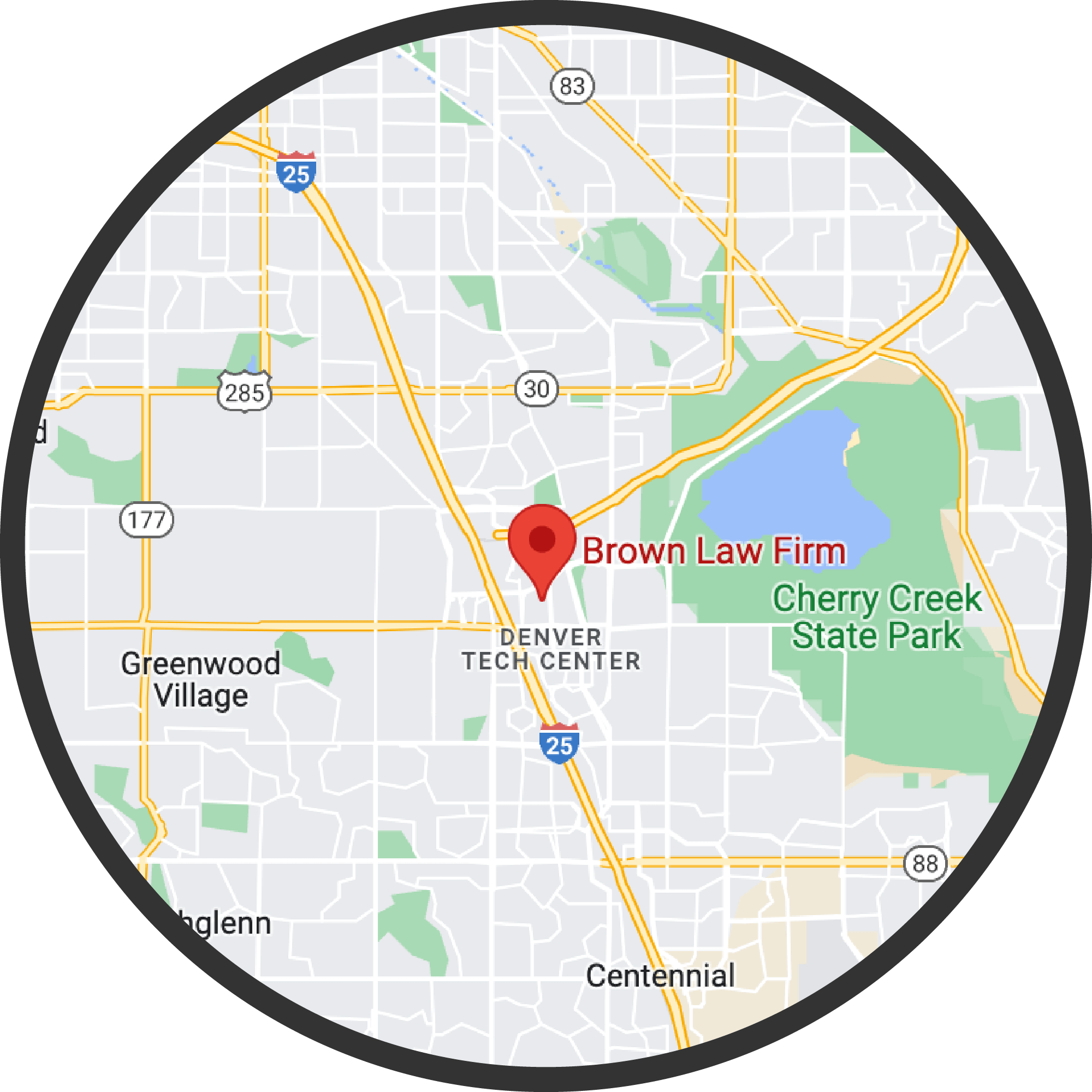Trust Administration in Denver
Trust administration requires the trustee to implement the wishes of the settlor (the trust creator) wishes as set forth in the trust agreement, and to manage, preserve, and administer the trust’s assets for the benefit of the trust’s beneficiaries. A trustee is a fiduciary. As such, a trustee must be mindful of its obligations and duties that arise when agreeing to serve as a trustee.
A trustee must act in the best interests of the beneficiaries. A trustee’s duties include, but are not limited to:
- Duty of impartiality
- Duty of loyalty
- Duty of care and prudence
- Duty to not engage in self-dealing
In addition, a trustee has other administrative duties, such as:
- Duty to prudently invest the trust’s assets
- Duty to provide accountings to the beneficiaries
- Duty to provide notice and information about the trust to beneficiaries
- Duty to file the trust’s income tax returns
- Duty to review proper distributions in the best interest of the beneficiaries
When administering the trust, the trustee must comply with the Colorado Uniform Trust Code. If a trustee fails to comply with the Colorado Uniform Trust Code or otherwise carry out its duties, such failure may constitute a breach of the trustee’s duties and result in personal liability of the trustee.
Our Denver trust administration lawyers have experience assisting trustees (corporate and individual) in Denver or anywhere in Colorado in navigating and advising trustees regarding their responsibilities.
To learn more about trust administration in Colorado, contact us today to let our team of experts help you navigate the process.
